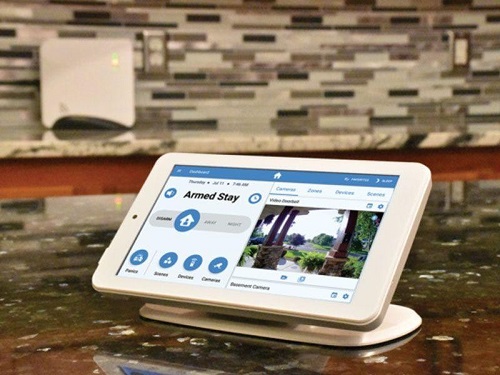With all the upcoming changes to the Condominium Property Act (CPA) slated to go into effect over the course of the next 12 months – and with many of them related to transparency and bookkeeping – understanding some basic questions people often have with regards to condo documents and condo board records were answered. We’ve got a lot that we’re hoping to cover within this blog, so without further ado, we’ll jump right in!
Who Has the Right to Condo Board Records?
When it comes to condo board records, ownership lies squarely with the condo board itself – it’s responsible for the maintenance, archiving, and upkeep of all relevant documents, and this isn’t set to change as the new CPA legislation starts to fall into place.
However, it is important to note that while the condo board owns and is responsible for these records, the onus is also on the board to make these records accessible to all unit owners. Further, new CPA regulations state that owners need to be able to access these records at no cost – there cannot be any sort of a fee associated with the access or withdrawal of these documents, as has sometimes become practice within certain condo corporations across the province.
What Condo Records Need to be Kept – and for How Long?
In the age of digital documents and cloud storage, there really isn’t any reason to go back and start deleting old records – you never know when you might need to access them, and it’s not like they’re taking up physical space anyway, right?
As for what records need to be kept, these are the big ones you’ll want to hang on to:
- Building plans
- Specifications
- Engineering reports
- Financial reports
- AGM minutes
- Condo board meeting minutes
Again, feel free to archive any other records that you think should be saved for posterity’s sake, but these are the documents that are critical to keeping around.
Where’s the Best Place to Store Condo Records?
This one’s easy: in as many places as possible. The information recorded in condo documents is crucial to maintain and may need to be produced in the event of any number of legal scenarios or situations, and as such, it’s important that they’re available and intact. Simply storing them in one singular, central location – even in digital format – is a recipe for disaster. Hard drives fail, files get lost, and computers can become damaged in fires, floods, or other sorts of disasters, so it’s important to have a series of back-ups in place. Even if your condo corporation stores all its documents in the cloud, it’s smart to have them (in their entirety) in a few other places as well – even big data servers can run into hardware failures!
In addition to ensuring these records are stored redundantly, it’s also important to confirm that they’re easily accessible by condo owners, as well as any potential condo buyers – they don’t do anyone any good if they’re squirreled away under lock and key!
What’s the Difference Between a Rule and a Bylaw?
You might not realize it, but there’s actually a fairly stark different between condo rules and condo bylaws. In a nutshell, the distinction breaks down like this:
- Condo bylaws deal with how condo corporations are run. For example, by laying out the required qualifications to be board director, or the steps needed to grant the condo corporation the power to borrow money, or other similar sorts of governance.
- Condo rules, on the other hand, are more to do with promoting the safety and security of owners and the wellbeing of the community. Rules must be constructed in such a way that they only minimally interfere with residents’ use and enjoyment of the unit, the building, and all associated amenities.
How Do I Change the Rules?
This is actually something of a difficult process, but the first and most important step is to get involved. Contact your property manager, find out when the next AGM is being held, take part in community-related discussions, become familiar with the issues, and just be an active resident in general.
From there, actually getting any rules changed can be something of a difficult process, which is what makes a thorough review of all existing bylaws prior to purchasing within a condo community such an important step. Here in Alberta, for a bylaw to be withdrawn, changed, or replaced, something called a “special resolution” is required. This means you’ll need to have 75% of eligible owners and 75% of the total number of overall condo units aligned with any proposed bylaw changes in order to have them move forward. As you might imagine, this can sometimes be a near-impossible task, but if you feel strongly about an issue and take the steps to get involved, listen to the community, and collaborate on a new solution, the results can be incredibly rewarding.
That about does it for our lightning-round of record-related questions and answers! If you have any questions or are looking for additional info, feel free to contact us at Catalyst Condo Management, and we’ll do what we can to help set the record straight when it comes to all your condo document questions!











